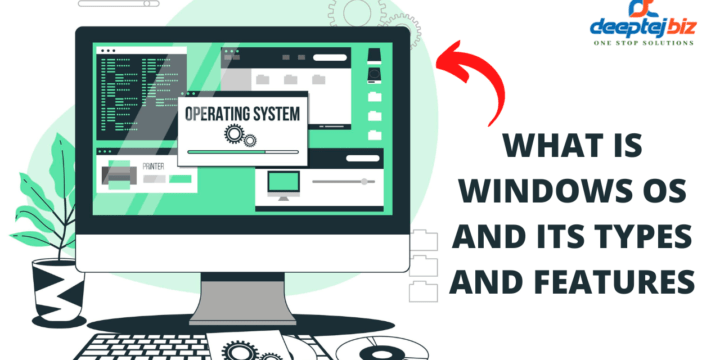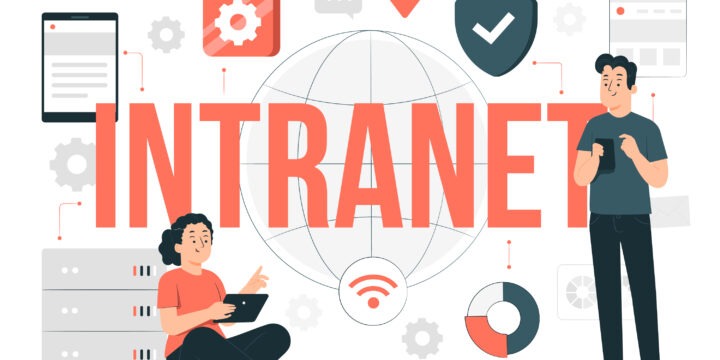
What is domain server and difference between domain and workgroup in network?
What is workgroup & How workgroup is works: Workgroup Definition: In a workgroup, there is no central server or domain controller. Each computer within the workgroup operates independently, managing its user accounts and security settings. There is no centralized management, and each computer is responsible for its own security and resource sharing. Now, let's talk about workgroups. In contrast to domain servers, workgroups offer a more decentralized approach to networking. In a workgroup, each computer operates independently, and there's no centralized server, like a domain controller, to manage user authentication and access to resources. Workgroups are known for their simplicity, making them ideal for smaller networks or even home use. They don't require the complexity of a domain server, and there's no need to set up a specific domain name…











